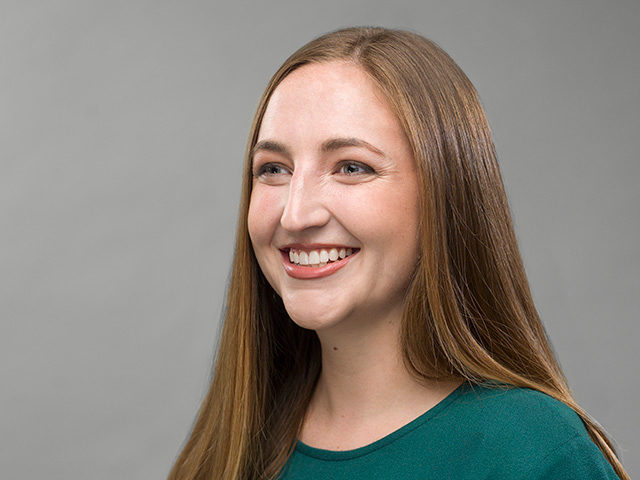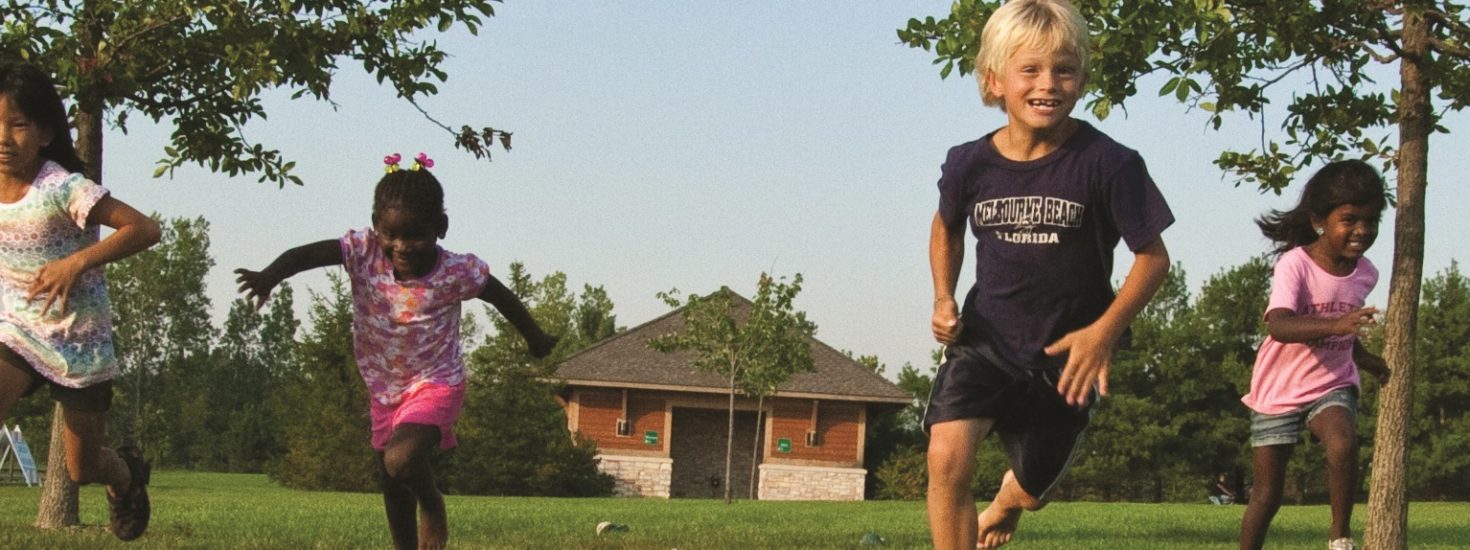Insight by Jessica Ledesma, Challenge Scholars Assistant
I could never describe what it felt like to “not belong” until my junior year of high school when I was invited to attend a Rotary luncheon featuring a State Representative as the keynote speaker. I didn’t fully understand why I was asked to be there. Yet, upon arrival, I was forced to realize the seriousness of the occasion. It wasn’t just “lunch.” The venue was swanky, and the tables thoughtfully set for a group of 20. Each spot had a carefully placed napkin, numerous forks, knives, and glasses. Then the biggest surprise came before I could even take my first bite; I was asked to stand in front of a room full of strangers who did not look like me and for what felt like an eternity. I stood awkwardly while I was grilled with questions about myself and my future plans. I answered the questions to the best of my ability. Actually, I lied in my responses because I was caught so off guard. I left feeling like a fraud that was mistakenly invited.
Some 14 years later, I joined the Ferris State's Latino Talent Initiative that was designed to create a safe space for Latinx to further develop our skills and advance professionally. As a result, I developed a new awareness of my own culture, as a third generation Mexican American born female. Thus, inspiring me to pursue my passion for equity and inclusion that led me to Challenge Scholars. Now, when I see my Latinx peers within the community, it is obvious that our skills have developed far beyond our first experiences. My own transformation continues to flourish professionally as a confident and vocal advocate of equity that is driven by my passion to be a visual que and a voice for those who are not seen or heard. This is a direct result of understanding my cultural background and how it contributes to my character and skill development.
Life experience, race, ethnicity, and gender are some aspects at the core of identity development. When you’re not part of the majority culture, “not belonging” is a norm. Throughout my work with Challenge Scholars there has been intentional sensitivity placed on inclusive and equitable practices because of a vast diversity of cultures within the program. 85 percent of our scholars identify as non-white and 38 percent live within a home with a non-English speaking parent(s). Cultural backgrounds of the students include, Latin American, African, Asian, and Native American. For these students and like other non-whites in the United States “not belonging” is an everyday occurrence.
The first Challenge Scholars Donor and Student luncheon was held in the spring of 2015. The event honored our donors and hardworking students for their contributions to the program. During initial stages of planning, I felt a responsibility to shield our Challenge Scholars from experiencing the same level of distress I felt during the luncheon so long ago. I recommended contracting an etiquette coach, in preparation for this first luncheon. Although, the material in the handbooks was generally good, it lacked the cultural awareness that was truly needed to compliment the importance of etiquette.
Although, we were preparing for a luncheon, in reality the scope became greater because we were developing our student’s cultural self-awareness. If they could begin to understand how their cultural differences are valuable, then they could be prepared for new experiences, whether it’s for a fancy lunch or a future interview.
We prepared our Challenge Scholars by teaching them about different social etiquette norms from across the world, as well as the conflicting contrast norms of the United States. For example, in Asian cultures, the youngest of the group introduces the eldest first and themselves last. In Mexican culture, a tortilla will typically be seen taking the place of eating utensil during a meal.
Prior to the event, 90 percent of Challenge Scholars reported three main concerns: (1) Feeling like they wouldn’t belong, (2) fear of having to make uncomfortable conversation, and (3) meeting new people. After the event, 95 percent reported feeling confident and that they would attend a similar event again. One student even added, “I learned I was smart!”
The first leader of our nation, President George Washington’s book, is regarded as having the greatest influence on etiquette norms in the United States. Yet, it was written during an era where “not belonging” if you were a non-white person, was not just a cultural norm, but codified in law.
As leaders, it is unjust to teach impressionable students that there is only one way of behaving. Oftentimes, these actions result in the individual feeling that what they’ve learned from their parents or personal culture is wrong and that they’ve been misled. I sought to infuse self-confidence in the students by using cultural self-awareness to understand and celebrate what has influenced who they are in order to bridge the importance of self-presentation, because everyone’s etiquette matters.
As a person who has experienced "not belonging”, the most powerful lesson I’ve learned through my collective experiences is that having a strong sense of identity helps to combat self-doubt and other effects that are brought on by a lack of cultural awareness or racism experienced throughout my life. Our hope with our Challenge Scholars is that they not only look within themselves for strength, but can look for strength in each other and the community that continues to believe and support them as they find their purpose and sense of belonging.

